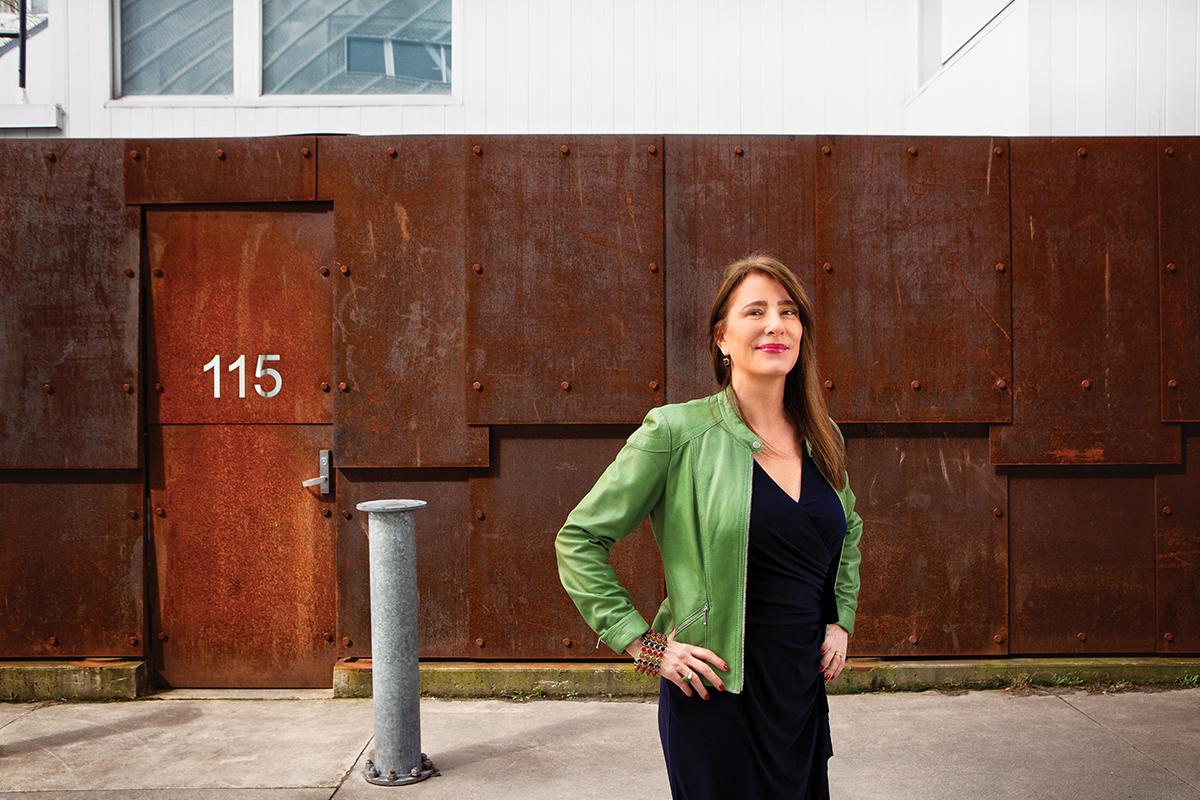Innovation is often the product of strange bedfellows. When Catherine Warren was a graduate student at New York’s Columbia University in the mid-1980s, she wrote her thesis on the ways scientific innovations were influencing the arts and how the arts were, conversely, influencing science. In particular, she studied the burgeoning fields of computer music and digital holography.
Computer music went on to become iTunes, Spotify and much more, including, often, the very method used to make music. Digital holography, on the other hand, has not had the impact on film and TV that Warren expected (aside from a brief moment in 2008 when a holographic Will-I-Am appeared with CNN’s Anderson Cooper on the American election night).
“It went the way of medical imaging,” she says. “It goes to show that, at any given time, you don’t really know where an innovation will end up or who is going to capitalize on it and for what purpose.”
That university thesis began Warren’s deep dive into what she calls the “intersectional” world of innovation. In 2001, she founded FanTrust Entertainment Strategies, a business that focuses on the evolving ways fans engage with video games, esports, music, film and television, and the various ways media companies are developing business models and revenue streams and digital technology in response to interactive audiences.
She continues to run that business, but, in recent years, Warren also turned her attention to the public realm. “I wondered, if I could do this digital community building, could I also do it with offline communities?”
In 2017, she took on the role of president and CEO of the Centre for Digital Media on the Great Northern Way Campus. It’s a joint initiative between private sector interests and four Vancouver-area academic institutions to develop a district dedicated to digital media education, industry collaboration and urban transformation. It is in Vancouver’s Innovation District and includes game studios, art galleries, graduate degree programs, green spaces, tech workspaces and residences.
